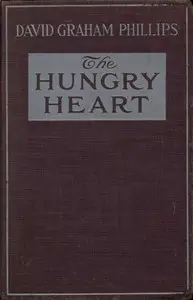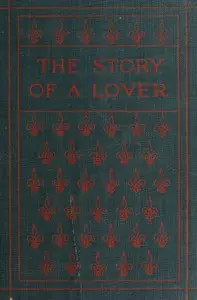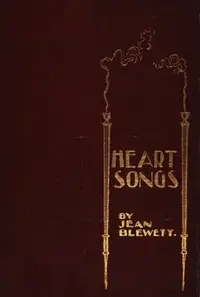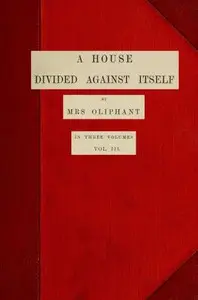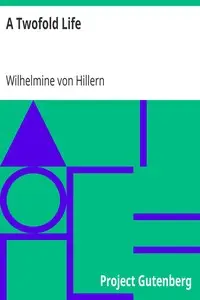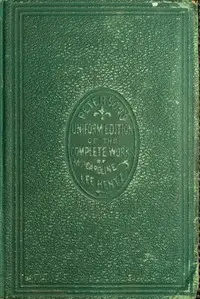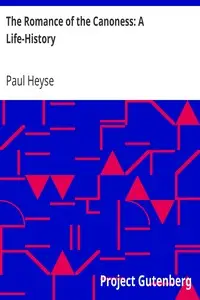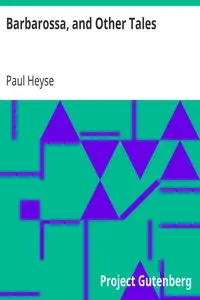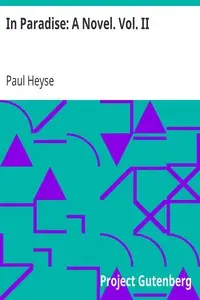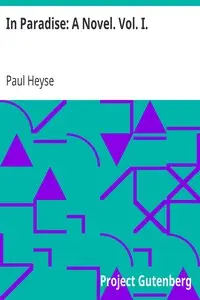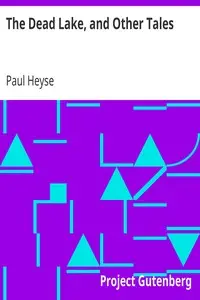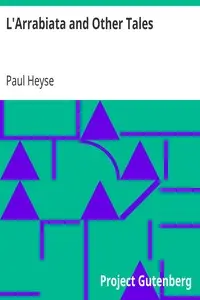"A Divided Heart and Other Stories" by Paul Heyse is a compilation of narratives that dive deep into the complicated world of human connections and feelings. The title story kicks things off with a man leaving a party where he felt like an outsider. He then meets L., a thoughtful man whose memories of his dead wife spark talks about love, marriage, and how people can have mixed feelings. As they talk, L. looks back on his old love and compares it to how he feels now, filled with desire and emotional struggle. The beginning sets the stage for the main character's inner battle as he wrestles with his own affections, showing how exciting and tricky close relationships can be. These stories, written in the late 1800s, explore love, loyalty, and the confusing mix of emotions people face, mainly focusing on the deep look into relationships and the complicated nature of being human.
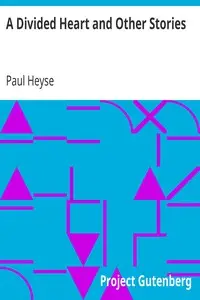
A Divided Heart and Other Stories
By Paul Heyse
Torn between duty and desire, a man's heart becomes a battleground as he grapples with forbidden emotions beyond the bonds of marriage.
Summary
About the AuthorPaul Johann Ludwig von Heyse was a German writer and translator. A member of two important literary societies, the Tunnel über der Spree in Berlin and Die Krokodile in Munich, he wrote novels, poetry, 177 short stories, and about sixty dramas. The sum of Heyse's many and varied productions made him a dominant figure among German men of letters. He was awarded the 1910 Nobel Prize in Literature "as a tribute to the consummate artistry, permeated with idealism, which he has demonstrated during his long productive career as a lyric poet, dramatist, novelist and writer of world-renowned short stories." Wirsen, one of the Nobel judges, said that "Germany has not had a greater literary genius since Goethe." Heyse is the fifth oldest laureate in literature, after Alice Munro, Jaroslav Seifert, Theodor Mommsen and Doris Lessing.
Paul Johann Ludwig von Heyse was a German writer and translator. A member of two important literary societies, the Tunnel über der Spree in Berlin and Die Krokodile in Munich, he wrote novels, poetry, 177 short stories, and about sixty dramas. The sum of Heyse's many and varied productions made him a dominant figure among German men of letters. He was awarded the 1910 Nobel Prize in Literature "as a tribute to the consummate artistry, permeated with idealism, which he has demonstrated during his long productive career as a lyric poet, dramatist, novelist and writer of world-renowned short stories." Wirsen, one of the Nobel judges, said that "Germany has not had a greater literary genius since Goethe." Heyse is the fifth oldest laureate in literature, after Alice Munro, Jaroslav Seifert, Theodor Mommsen and Doris Lessing.

